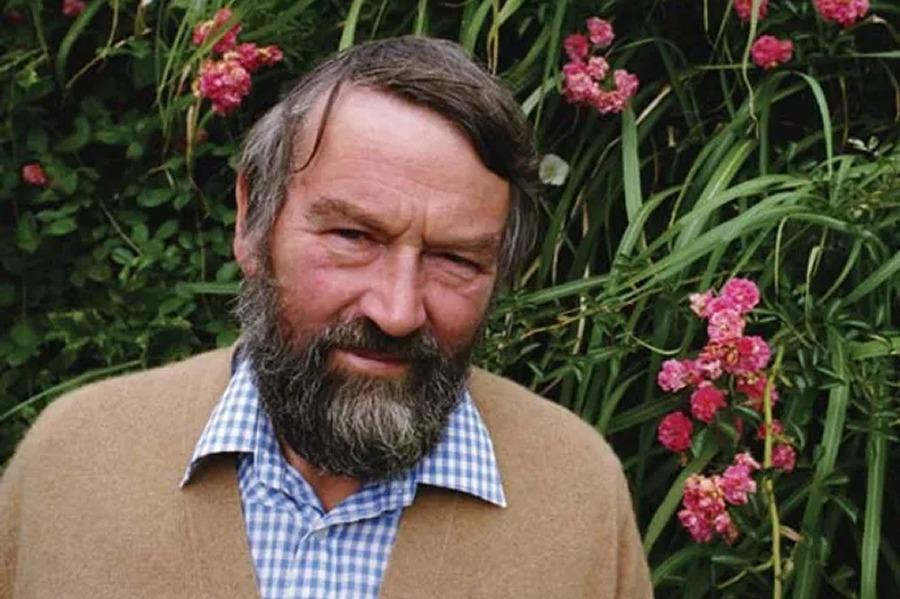John Fowles

Born in 1926 in Leigh-on-Sea, Essex, John Robert Fowles was an English novelist of international renown. His books have been translated into many languages, and several have been adapted as films including The French Lieutenant's Woman (1969), a Victorian-era romance with a postmodern twist that was set in Lyme Regis, where Fowles lived for much of his life.
After completing his military service in 1947, Fowles studied French and German at Oxford University where he was greatly influenced by existentialist writers such as Jean-Paul Sartre and Albert Camus. Fowles spent his early adult life as a teacher; first at the University of Poitiers, then teaching English at a school on the Greek island of Spetses, followed by nearly a decade at St. Godric's College in Hampstead.
In 1965 Fowles left London and moved to Underhill, an isolated farm house on the fringes of Lyme Regis which became the basis for The Dairy in The French Lieutenant's Woman. Finding the farm too remote, he and his wife Elizabeth moved to Belmont in Lyme Regis in 1968 which Fowles also used as a setting for parts of The French Lieutenant's Woman. Fowles lived the rest of his life in Lyme Regis serving as the curator of Lyme Regis Museum from 1979 to 1988. His later works The Ebony Tower, Daniel Martin, Mantissa and A Maggot were all written from Belmont House.
John Fowles died of heart failure aged 79 on 5 November 2005, in nearby Axminster Hospital.